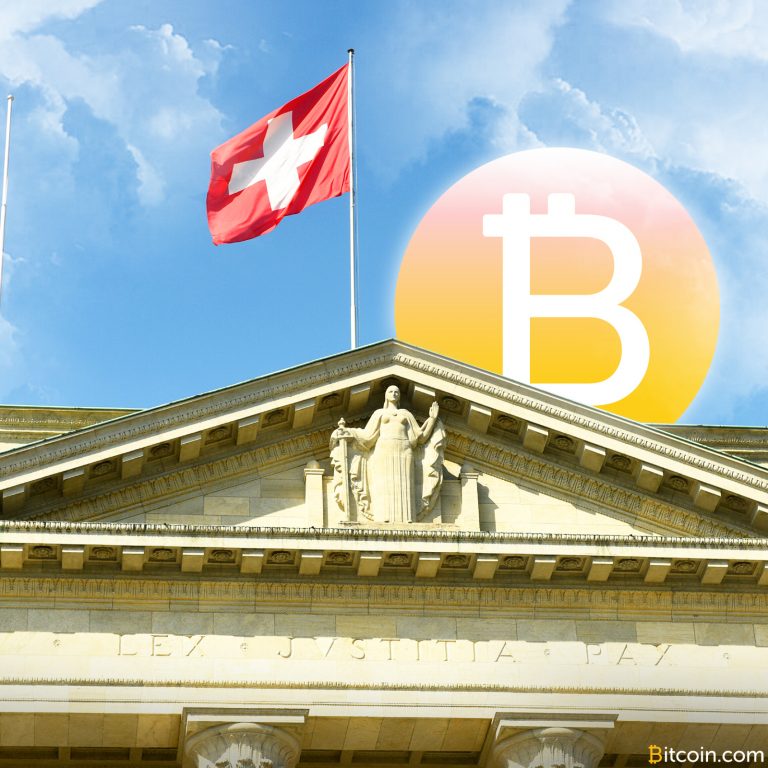
A court in Switzerland has ordered the closure of bitcoin mining startup Envion AG over concerns of poor corporate governance. The company raised $100 million in an initial coin offering (ICO) in January, but a succession of boardroom wrangles have led to a breakdown in its corporate structure, bringing operations to a halt.
Also read: Canadian Bitcoin Miner Fortress Blockchain Reports $1.16M Loss in Q3
Founding Partners Sue Each Other
Founding partners Michael Luckow and Matthias Woestmann have repeatedly gone to court to sue each other over allegations of subterfuge, which supposedly took place at the time of the ICO or immediately after, according to a Handelsblatt Global report on Nov. 28.

Among other things, Woestmann, who has since resigned as board chairman, “accused Luckow of manufacturing more coins than agreed on, so he engineered a capital increase that diluted Luckow’s share,” the paper alleged.
In the capital increase, Woestmann allegedly issued actual shares, rather than tokens, effectively diluting the 81 percent stake of Luckow and his partners to 31 percent.
Now, the cantonal court in Zug — Switzerland’s cryptocurrency haven — has ordered Envion to shut down, citing its lack of a functional board of directors and “the complete lack of any auditing function.” The company is to be liquidated, the court ruled.
The article quoted a Zurich-based lawyer, Urs Schenker, as saying that Envion would likely go under. Schenker said liquidation was “unavoidable” because the financial regulator appeared to have reached a decision to investigate the cryptocurrency miner.
The Lure of Riches

Envion raised about $100 million in an ICO that attracted 30,000 investors between December 2017 and January 2018, when the cryptocurrency gold rush was at its peak. Investors paid $1 for each token in the offer, lured by the promise of over 160 percent growth and Envion’s low-cost approach to mining, using renewable energy. Today, the token is worth just $0.05, reports say.
However, relations between the founders went sour after the ICO, with accusations of cheating, causing operations at the company to come to a standstill. Handelsblatt Global reports that both Luckow and Woestmann are now under investigation by regulators in Switzerland and Germany.
It turned out that Envion’s finances and operations were being run from Berlin by Luckow’s company, Trado, even though the startup was registered in Switzerland. “Woestmann continues to blame Luckow, accusing him of not providing information about the ICOs. Luckow says Woestmann always planned to push the firm into liquidation, but he will fight it and believes the original concept can still work,” the article said.
The Zug court ruling is not final, as either party can still appeal the decision. In the meantime, all that investors can do is wait and hope for the best, as failed ICOs have already cost investors billions of dollars in losses throughout the world.
What do you think about the counter lawsuits at Envion? Let us know in the comments section below.
Images courtesy of Shutterstock.
Express yourself freely at Bitcoin.com’s user forums. We don’t censor on political grounds. Check forum.Bitcoin.com.
The post Bitcoin Mining Startup Envion Ordered to Close by Swiss Court appeared first on Bitcoin News.
from Bitcoin News https://ift.tt/2re40kz Bitcoin Mining Startup Envion Ordered to Close by Swiss Court




 Six Deutsche Bank offices in and around Frankfurt, including its headquarters, were raided on Thursday over money laundering allegations. The raid of Germany’s biggest bank with assets worth approximately 1.48 trillion euros ($1.68 trillion)
Six Deutsche Bank offices in and around Frankfurt, including its headquarters, were raided on Thursday over money laundering allegations. The raid of Germany’s biggest bank with assets worth approximately 1.48 trillion euros ($1.68 trillion) 
 The raid was part of an ongoing investigation stemming from the Panama Papers and other offshore leaks, Reuters explained. The
The raid was part of an ongoing investigation stemming from the Panama Papers and other offshore leaks, Reuters explained. The  Deutsche Bank is also being investigated for its involvement in
Deutsche Bank is also being investigated for its involvement in 
 Kucoin has teamed up with Simplex to allow its users to buy cryptocurrencies with credit and debit cards. The Singapore-based exchange’s new service is now available in over 100 countries. Its customers can use U.S. dollars and euros to purchase bitcoin core (BTC), ether (ETH) and litecoin (LTC).
Kucoin has teamed up with Simplex to allow its users to buy cryptocurrencies with credit and debit cards. The Singapore-based exchange’s new service is now available in over 100 countries. Its customers can use U.S. dollars and euros to purchase bitcoin core (BTC), ether (ETH) and litecoin (LTC). Leading U.S. cryptocurrency exchange Coinbase has listed privacy-centric digital coin zcash (ZEC) on its professional digital asset trading platform,
Leading U.S. cryptocurrency exchange Coinbase has listed privacy-centric digital coin zcash (ZEC) on its professional digital asset trading platform,  Okex, currently the second-largest cryptocurrency exchange by daily trading volume, announced that it’s delisting 38 trading pairs and tokens with weak liquidity and low trading volume. The decision pertains to firstblood, district0x, iconomi, santiment network and singulardtv, among other coins. The full
Okex, currently the second-largest cryptocurrency exchange by daily trading volume, announced that it’s delisting 38 trading pairs and tokens with weak liquidity and low trading volume. The decision pertains to firstblood, district0x, iconomi, santiment network and singulardtv, among other coins. The full  More than 110,000 Ghanaians have been reportedly defrauded in a scheme involving cryptocurrency investments. According to local media, Kwaku Kumi and David Opatey — executives of an entity called Global Coin Community Help (GCCH) — have been arrested and interrogated by the country’s Economic and Organized Crime Office. Both have been released on bail, however.
More than 110,000 Ghanaians have been reportedly defrauded in a scheme involving cryptocurrency investments. According to local media, Kwaku Kumi and David Opatey — executives of an entity called Global Coin Community Help (GCCH) — have been arrested and interrogated by the country’s Economic and Organized Crime Office. Both have been released on bail, however.
 LCX announced on Tuesday that it has been granted “a business license of the Liechtenstein Ministry of Economic Affairs to conduct its business in Liechtenstein (Gewerbebewilligung).”
LCX announced on Tuesday that it has been granted “a business license of the Liechtenstein Ministry of Economic Affairs to conduct its business in Liechtenstein (Gewerbebewilligung).” The representative added that LCX can now offer “services that other crypto exchanges offer … in a regulatory compliant manner.” As a regulated exchange, LCX says that it will apply the “highest technology standards for KYC [know-your-customer] and AML [anti-money laundering] to safeguard fulfillment of all regulatory requirements for AML and KYC.”
The representative added that LCX can now offer “services that other crypto exchanges offer … in a regulatory compliant manner.” As a regulated exchange, LCX says that it will apply the “highest technology standards for KYC [know-your-customer] and AML [anti-money laundering] to safeguard fulfillment of all regulatory requirements for AML and KYC.”
 The third is called LCX Terminal which integrates the APIs of major exchanges — such as Binance, Bittrex, Coinbase, Poloniex, and LCX’s own exchange — into a single trading desk. This product recently entered the closed-beta phase. The company described it as “a trading desk for crypto assets equipped with portfolio management, analytics platform, auto trading functionality and audit reporting — integration of major exchanges.”
The third is called LCX Terminal which integrates the APIs of major exchanges — such as Binance, Bittrex, Coinbase, Poloniex, and LCX’s own exchange — into a single trading desk. This product recently entered the closed-beta phase. The company described it as “a trading desk for crypto assets equipped with portfolio management, analytics platform, auto trading functionality and audit reporting — integration of major exchanges.”

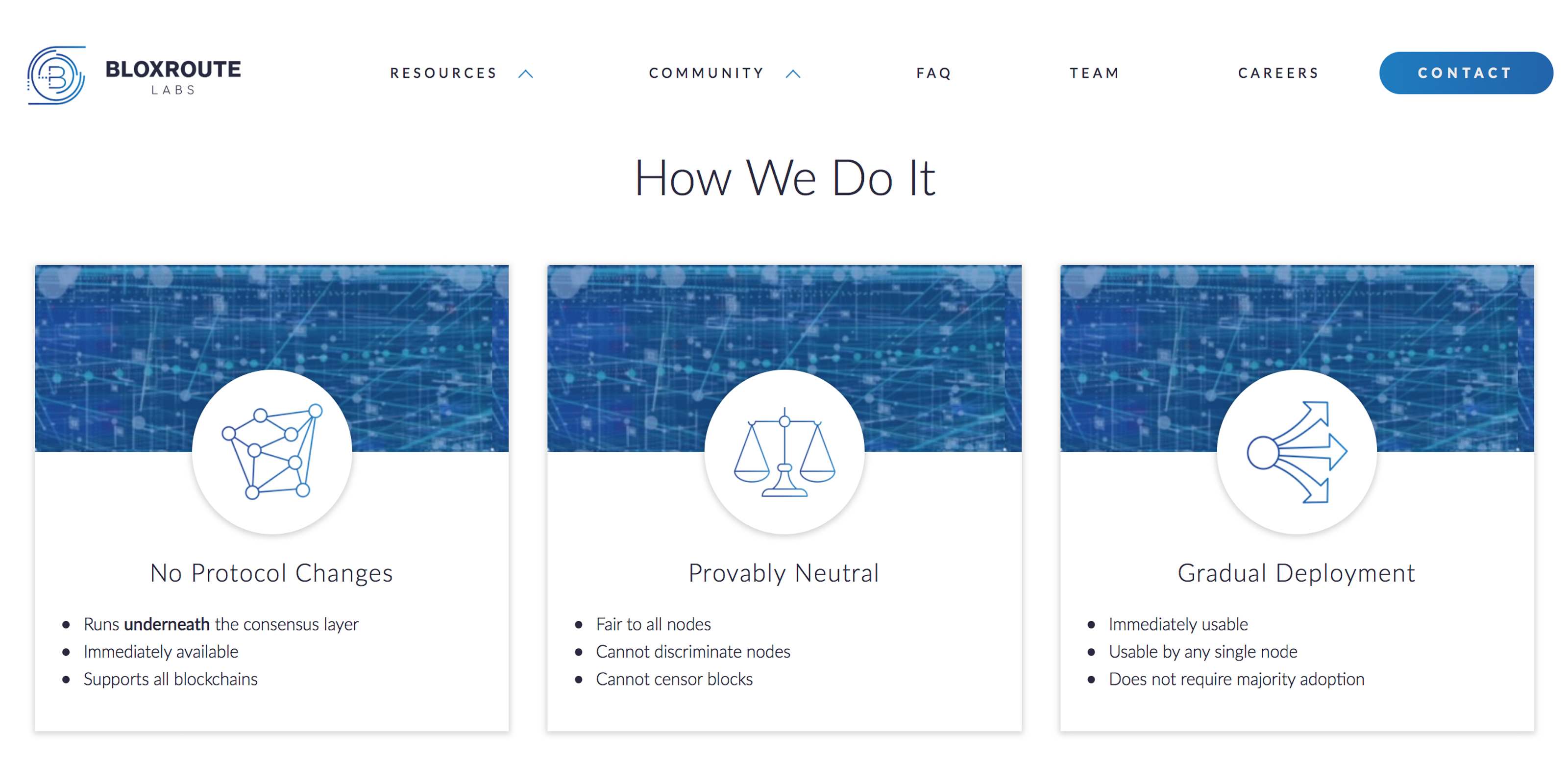
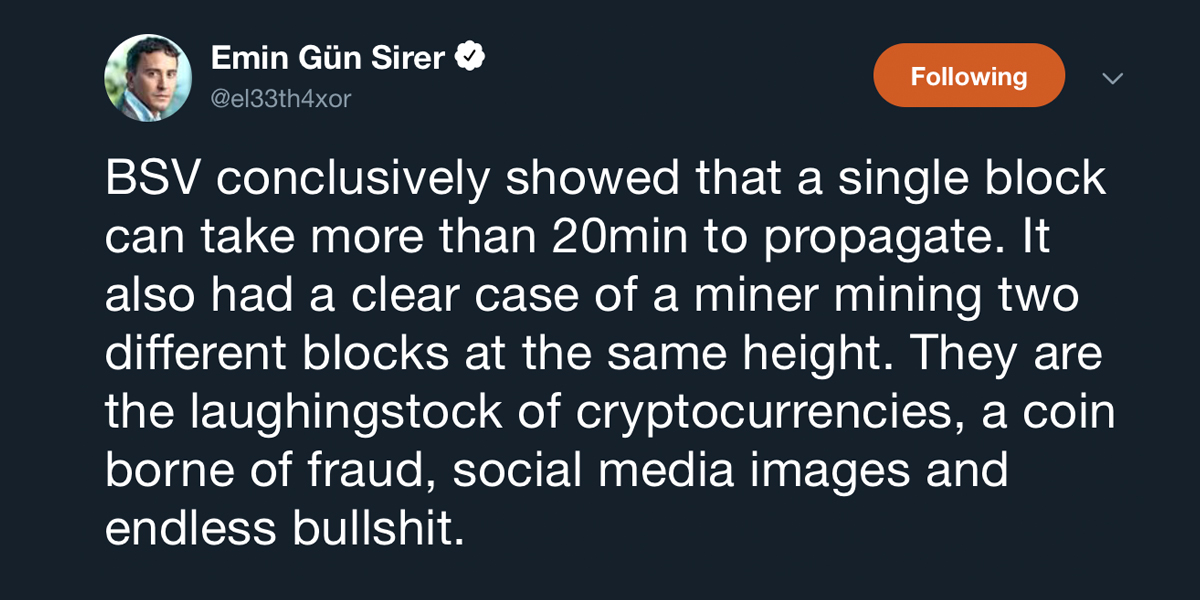

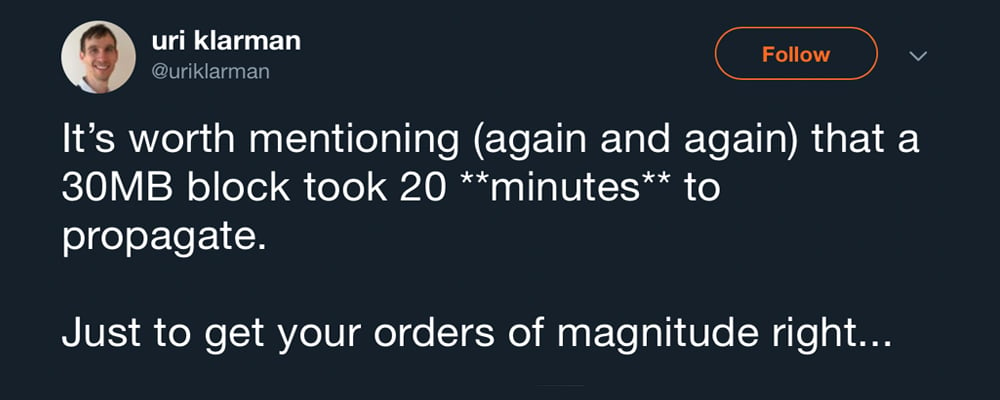

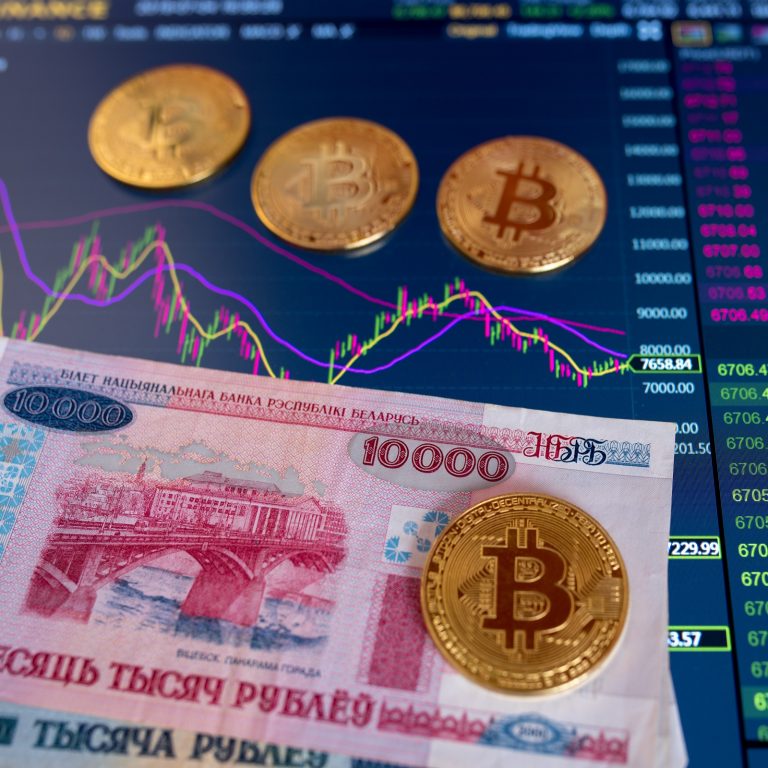
 Under “Prohibition of Use” on the
Under “Prohibition of Use” on the  Gleb Kostarev, a representative of Binance in the Russian Federation, has confirmed the authenticity of the Belarus announcement. Speaking to Forklog, he also noted that the new restrictions would not affect Russian residents. But the different treatment of the two countries raises questions about the rationale behind the decision. They are both members of the Eurasian Economic Union, which forms a common market.
Gleb Kostarev, a representative of Binance in the Russian Federation, has confirmed the authenticity of the Belarus announcement. Speaking to Forklog, he also noted that the new restrictions would not affect Russian residents. But the different treatment of the two countries raises questions about the rationale behind the decision. They are both members of the Eurasian Economic Union, which forms a common market. Belarus is one of only a few jurisdictions in Europe that have adopted crypto-friendly regulations. The number of fintech entities
Belarus is one of only a few jurisdictions in Europe that have adopted crypto-friendly regulations. The number of fintech entities 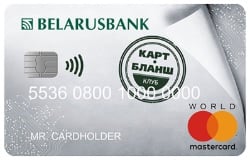 Many platforms support popular payment methods such as Qiwi and Yandex Money, but credit/debit card purchases are also possible. Belarusians can order prepaid Mastercards from Belarusbank, a leading commercial bank in the country. Its
Many platforms support popular payment methods such as Qiwi and Yandex Money, but credit/debit card purchases are also possible. Belarusians can order prepaid Mastercards from Belarusbank, a leading commercial bank in the country. Its 



 The Office of Foreign Assets Control (OFAC) is the financial intelligence wing of the U.S. Treasury Department. It enforces economic sanctions against foreign entities the American government has taken exception to. Right now, it has Iran in its sights. By OFAC’s own admission, however, trying to blacklist bitcoin addresses is a first. “While OFAC routinely provides identifiers for designated persons, today’s action marks the first time OFAC is publicly attributing digital currency addresses to designated individuals,”
The Office of Foreign Assets Control (OFAC) is the financial intelligence wing of the U.S. Treasury Department. It enforces economic sanctions against foreign entities the American government has taken exception to. Right now, it has Iran in its sights. By OFAC’s own admission, however, trying to blacklist bitcoin addresses is a first. “While OFAC routinely provides identifiers for designated persons, today’s action marks the first time OFAC is publicly attributing digital currency addresses to designated individuals,” 